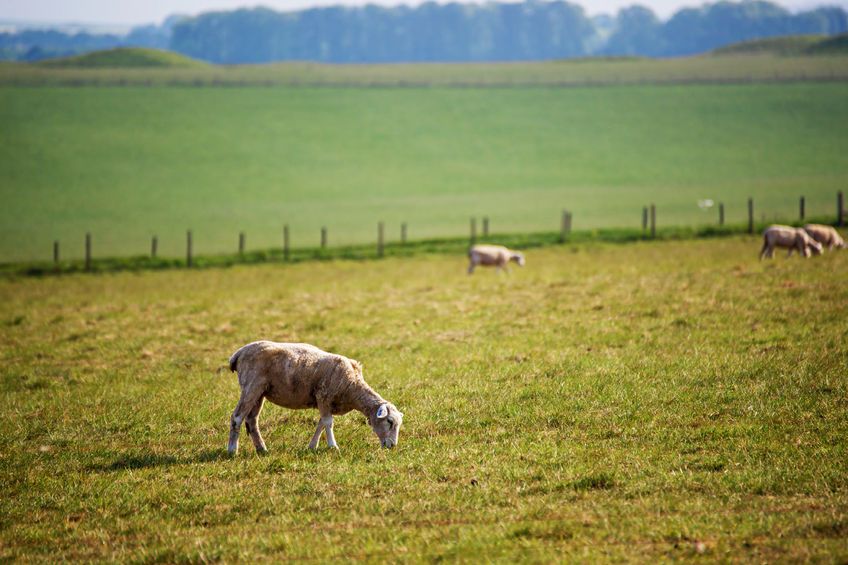
A new report has highlighted the negative impact of small abattoir closures on the rural economy and the need for greater government support.
The report comes as figures show that a third of small abattoirs have closed in the last ten years alone - with only 62 now left in the UK.
The most recent closure was only two weeks ago and many more are thought to be on the brink, struggling for survival.
The All-Party Parliamentary Group for Animal Welfare (APGAW) report has urged the government to support the sector with an emergency fund to avoid further closures.
It also raised concerns over the pressures on medium-sized abattoirs which have seen a 49% reduction, largely due to the growth of a small number of large abattoirs.
APGAW heard evidence from farmers about the importance of small abattoirs to the rural community and why action was needed to help prevent any further decline.
Farmers stressed concerns that if numbers continued to fall, competition would be further eroded in the market and producer’s options for emergency slaughter reduced.
NFU livestock board chairman Richard Findlay said farmers needed small abattoirs to 'maintain competition' and 'help support the rural economy'.
"We have seen a massive reduction in recent years, which has reduced the options for many livestock farmers and those who sell their produce privately," he said.
“During the recent Covid pandemic we have seen increasing numbers of consumers buying local with butcher’s shops seeing trade increase by 43% over the last 4 weeks.
"We do not want to lose many more of these small abattoirs, the service they provide to local farmers is vital."
The Sustainable Food Trust and Campaign for Local Abattoirs said numerous small abattoirs were currently on the brink of closure as a result of one-size-fits-all regulation, rising costs and the collapse in value of hides and skins.
Both groups said farmers were concerned by these losses and many faced long waiting lists and uneconomical distances to slaughter, putting businesses at risk and raising concerns for animal welfare.
The government’s own commitment to shortened journey times was not possible without a network of small abattoirs, they added.
Patrick Holden, CEO of the Sustainable Food Trust, said that the Covid-19 crisis had taught the public that a resilient local food supply was 'paramount' for UK food security.
"More than ever we need a well distributed network of small abattoirs that offer ‘private kill’ services for farmers who wish to add value by marketing and selling their meat direct to consumers.
"Small abattoirs are an essential part of the local food and farming infrastructure that makes this possible,” Mr Holden said.
The APGAW report reiterated the Campaign for Local Abattoirs' recommendations to address this problem, such as financial support to modernise the sector.
As a step to achieving this, the report recommended that abattoirs are recognised in the Agriculture Bill, which has its second reading in the House of Lords this week.
Other recommendations include a regulatory framework that is appropriate to the size of the business, a Competition Inquiry into the waste collection market, support for apprenticeships and training, a local food label to showcase provenance and support for mobile abattoirs.
